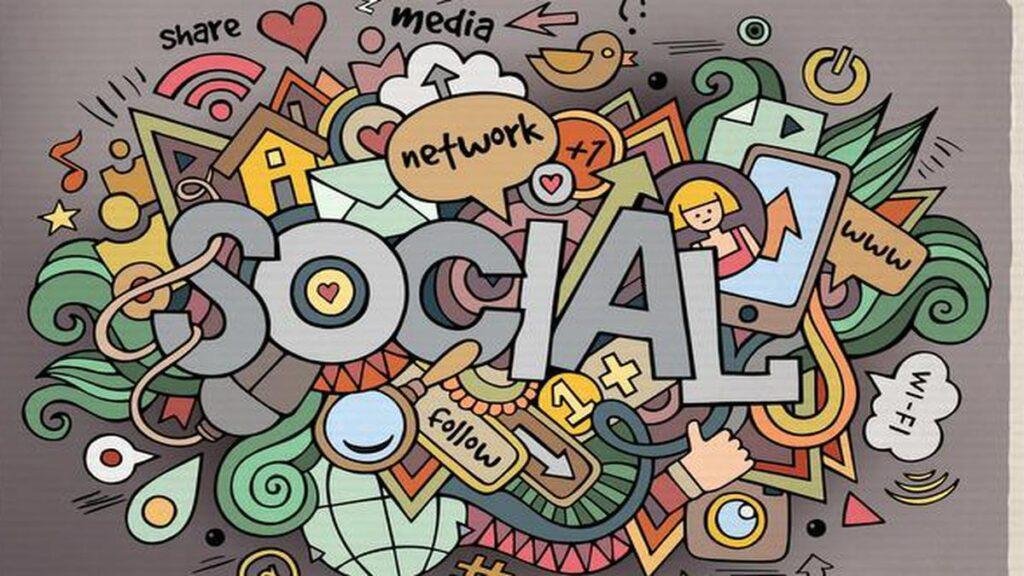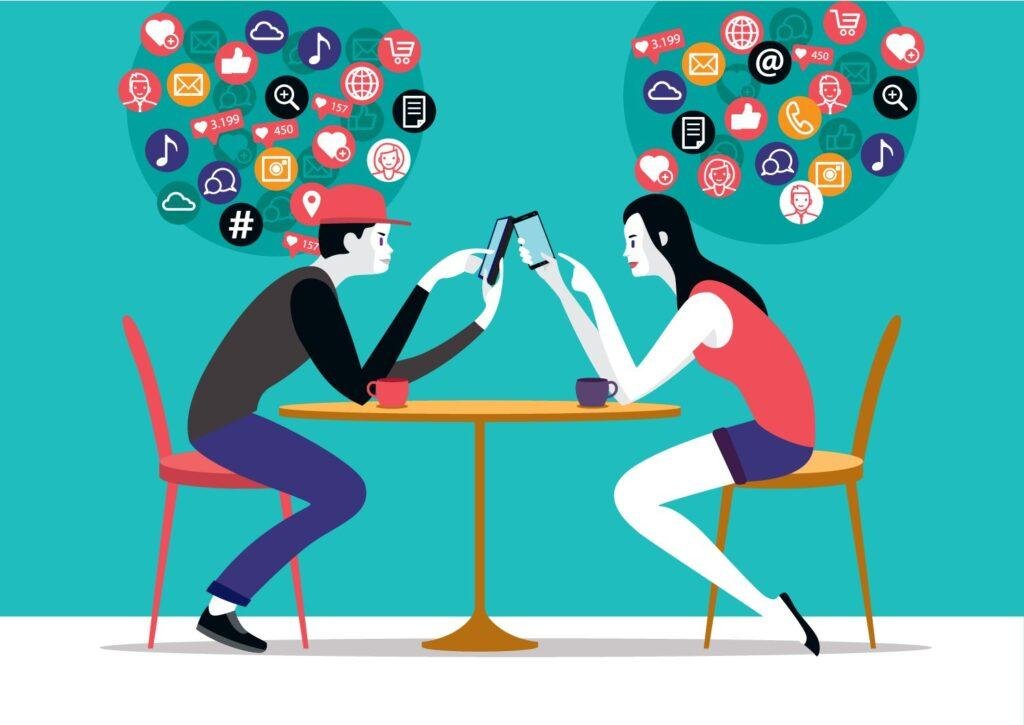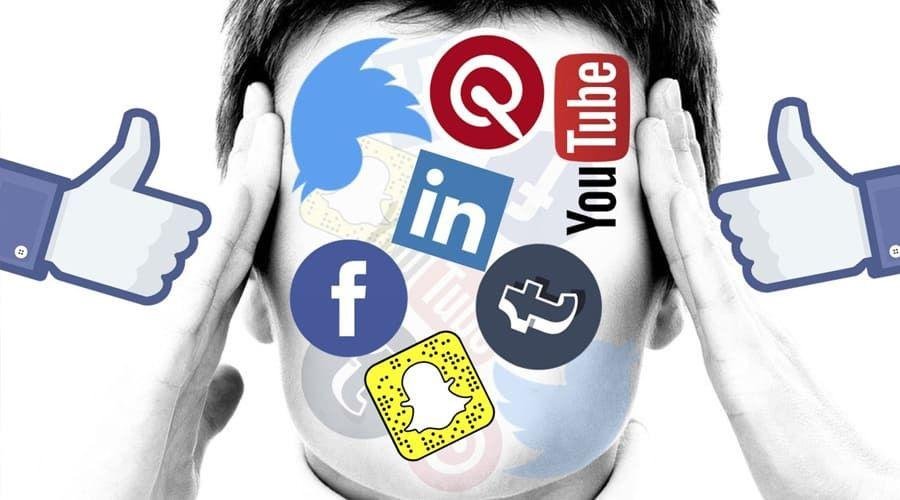The impact of social media on language skills
The impact of social media on language and communication skills
Social media has had a profound impact on the way we communicate, both in written and spoken form. With the rise of platforms like Twitter, Instagram, and Facebook, we are now able to communicate with others from all over the world in real-time.
While social media has provided many benefits in terms of connecting people and sharing information, it has also had a significant impact on language and communication skills.

One of the most noticeable effects of social media on language is the rise of shorthand and abbreviations.
With the limited character count on platforms like Twitter, users have had to adapt by using abbreviations and shorthand to convey their messages concisely.
This has led to the widespread use of acronyms like LOL (laugh out loud), SMH (shaking my head), and BTW (by the way) in both online and offline communication.
While it saves time, it can cause confusion, especially for the unfamiliar.
Emojis are pictograms for emotions, while emoticons use keyboard characters, like 🙂 for a smiley. Another effect of social media on language is the use of emojis and emoticons.
Emojis have become so popular that they were even added to the Oxford English Dictionary in 2015. Emojis aid context and emotion but can be overused or misinterpreted, causing confusion.
Social media notably influences spoken language, especially in terms of slang and informality. As social media grows, youth encounter global languages and dialects, incorporating new terms and expressions into their speech.
While it promotes diversity and acceptance, it can also cause communication to lack standardization and clarity.
However, the impact of social media on language and communication skills is not all negative. Social media has provided many opportunities for people to practice and improve their language skills.
For instance, Duolingo and Babbel offer free language courses, enabling users to learn at their own speed. Social media offers a platform for honing writing skills, notably through blogging or microblogging.
By sharing thoughts online, users gain feedback for enhancing their writing skills.
Overall, the impact of social media on language and communication skills is complex and multifaceted. While prompting new communication styles, it has also caused communication to lack standardization and clarity.
Yet, we shouldn’t disregard the positive side of social media, like its potential for enhancing language skills and learning. Given the changing social media landscape, responsible use is vital for acknowledging its effects on language and communication. 바카라사이트

















